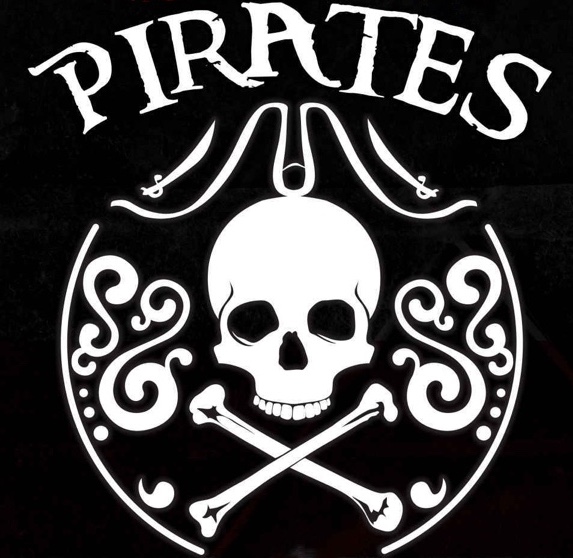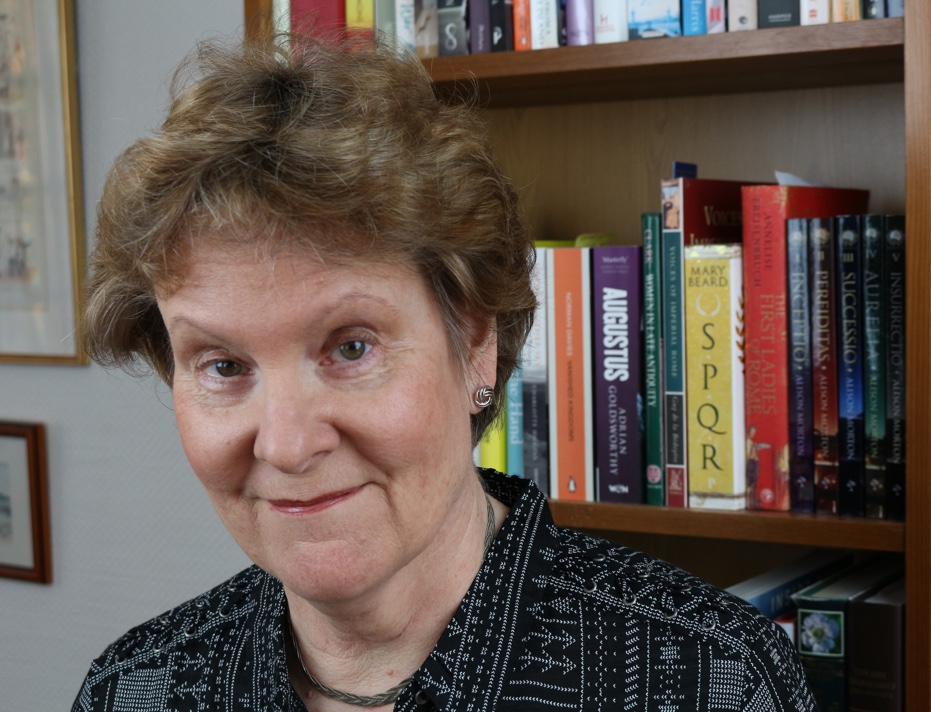If you go through the mainstream system, your agent will sell your book to a publisher (or you may sell it direct). You get an advance of anticipated earnings on the books, then after that amount is ‘earned out’, you start getting royalties.
But apart from the ‘big cheese’ authors, most writers receive a fairly token advance, say £300, sometimes as much as £2-3000, sometimes none, just royalties. Of course, the publisher covers the cost of editing, book and cover design, production, distribution and some PR and marketing. The author receives around 7-10% of the book’s sale price.
You have to sell a lot of books to bring in even the minimum wage, let alone cover the hours you spent working at your desk or researching.
Indies pay upfront for cover and interior design, editing, formatting, proofreading, marketing services, advertising and promotion. Some of these can be done by the author if they have the appropriate skills. Once authors have published the books, they buy in print books for events and pay for their own launches, shipping and other expenses. Yes, they receive 65-70% of the book sale price, but that has to cover everything including admin and tax. Again, you have to sell a decent number of books to cover all that and make even a modest profit. Again, I’m not including the megastars here.
Well, most writers are realists; they accept being an author is not the road to riches. But it’s a bit depressing to read the ALCS latest survey
The key findings
- The median annual income of a professional author is £10,500, which is well below the minimum wage.
- The equivalent figure in 2013 was £11,000 and in 2005 it was £12,500.
- In real terms, taking inflation into account, this represents a fall in writing income of 42% since 2005, and 15% since 2013.
- Just 13.7% of authors earn their income solely from writing. In 2005 this was 40%.
- There is a growing gender pay gap, with the average earnings of female professional authors only around 75% of those of the average male professional author, down from 78% in 2005.
You can read the full report here:
https://wp.alcs.co.uk/app/uploads/2018/06/ALCS-Authors-earnings-2018.pdf
So why is author income so low and declining?
Well, there are 257 reasons being bandied about, but here are a few thoughts from me:
- There are an estimated 7 million books out there in print and ebook, let alone audiobooks
- Sadly, there is a lot of crap uploaded to the major retailers which puts readers off the whole business of reading
- There are now loads of different competing ways to spend precious leisure hours
- While some big houses put silly prices on ebooks (£14.94 I found recently!), there are a lot of ’99 pence/cents’ books for sale, some terrible, but some really good ones obliged by market forces to sell at that price but which shouldn’t sell themselves so cheaply
- 35% of 99 pence/cents is hardly steady income (30p to the author to cover all their costs and tax. Oh, please! 🙄 )
- Retailers’ lending schemes which can open the door to abuse – see my writing friend Jane Davis’s powerful exposé on this specific subject
- A culture of entitlement to a ‘free lunch’. Try asking for free in your favourite coffee shop or at Next or Marks& Spencer. I only give a free book away if you sign up to my newsletter – an exchange of value.
- Not attributing any value to culture. We have to sweat long hours to produce these books as well as try to contribute something to human knowledge and enlightenment
- PIRACY known also as theft. It is so NOT okay to download and make copies to distribute free to all and sundry, even if you are a book club. It’s not playing fair.

From ‘Pirates: Truth and Tale‘ by HelenHollick
I love my readers; they enthuse about the worlds I create, they are loyal, honourable and happy people who like a ripping tale. I don’t sting them for my 90-100,000 word stories – the ebooks are generally £2.99/$3.99, the price of a latte/pair of tights/high quality chocolate bar. The paperbacks which weigh nearly half a kilo, or a pound (lb) in imperial, come in at £8.99/£9.99 (and look pretty).
But if people don’t buy books or borrow them from their library (which gives the author a small fee), many authors who would like to eat and pay the rent, will have to give up. And that would be terrible, wouldn’t it?
Alison Morton is the author of Roma Nova thrillers – INCEPTIO, PERFIDITAS, SUCCESSIO, AURELIA, INSURRECTIO and RETALIO. CARINA, a novella, and ROMA NOVA EXTRA, a collection of short stories, are now available. Audiobooks are available for four of the series. NEXUS, an Aurelia Mitela novella, will be out on 12 September 2019.
Find out more about Roma Nova, its origins, stories and heroines… Download ‘Welcome to Roma Nova’, a FREE eBook, as a thank you gift when you sign up to Alison’s monthly email newsletter. You’ll also be first to know about Roma Nova news and book progress before everybody else, and take part in giveaways.














Back in the year 1998 via my (now ex) agent I signed a contract with William Heinemann/Arrow Books (Random House UK) At the time I didn’t realise it was a very shabby contract. In 2006 ex-agent and I parted company Heinemann returned the copyright of all my books – except one. They had paid me the whopping advance of £10,000 for A Hollow Crown, which was published in 2003 and flopped (because of no marketing whatsoever – the publisher did nothing for it.) Here we are in 2018 fifteen years after publication and I still cannot get the copyright back, nor have I earned 1p in royalties – because that advance has not been earned out. Do the maths for how much a year I earn for this book! Is it any wonder why it is not my favourite? Contrast it with the US version (re-edited and published as The Forever Queen. Sourcebooks Inc did a lot of marketing and it became a USA Today bestseller. I would very much like to republish the UK version, but I can’t because I have no ability to do so until that advance is earned out (at this rate circa 2022) So those big advances are not a good idea. Nor are useless contracts that don’t have a ‘get out’ clause. (And while I’m having a whinge LOL – nor are useless agents!) Yay for being Indie, I don’t earn much but my books are mine and all profit (as low as it is) is mine. Good article Alison.
Thank you, Helen. Sorry to read your tale of woe. Isn’t it a pity that the standard author regularly producing books that readers like and adding to the cultural thread can’t make a living at it?
Excellent article. Writing is a labour of love. It takes many indies a year or more of sheer hard work to produce a book. £2.99 isn’t really very much to pay.
Delighted you enjoyed reading it, Loretta. Yes, a good book takes a while to develop and entails costs, however published. I think we all need to let people know that creativity and culture have a value that’s worth paying for.
I find it shocking that a magazine now is about £4.25 and you can buy some e-books for 99p. This seems unbalanced when you consider the months of work an author puts into a book.
Very good point, Charlotte, and a shocking one. And most magazines are half full of adverts.
Thanks for an honest post, Alison. I’ve just launched a new book, the final in a trilogy. In order to get the traction, I had to offer free’s and 99 cents on the other two and $1.99 on the new release. One advertiser wanted me to launch the new one at 99 cents. I basically said ‘bollocks’ to that! After the launch day, I bought a couple of Garden Illustrated mags as I haven’t had time to read anything but research and Charlotte is right. I was very out of pocket.
The sad thing is that between 2008-2014, the market for quality indies was good. In 2014, I renovated a kitchen and laundry on my earnings. But times and the market have changed drastically. The market is swamped, as you say, and there are manipulators and scammers and we all suffer.
It’s so frustrating seeing good books being ignored and a skewed sense of value, cultural or otherwise, taking over. Don’t get me started about scammers…
Alison – This is the best review of the economics of the self published author. Thank you for sharing it with others.
Thank you, Pat. I tend to say it how it is. 🙂
Great blog with insightful points. I myself have been against free books since I first heard about them. The practice has dubious business value at best.
Thank you! ‘Free’ is an awkward one, If you give a book as a thank gift or to a reviewer then that’s legitimate. But even for the first in a series it’s better to charge a low amount rather than no amount.